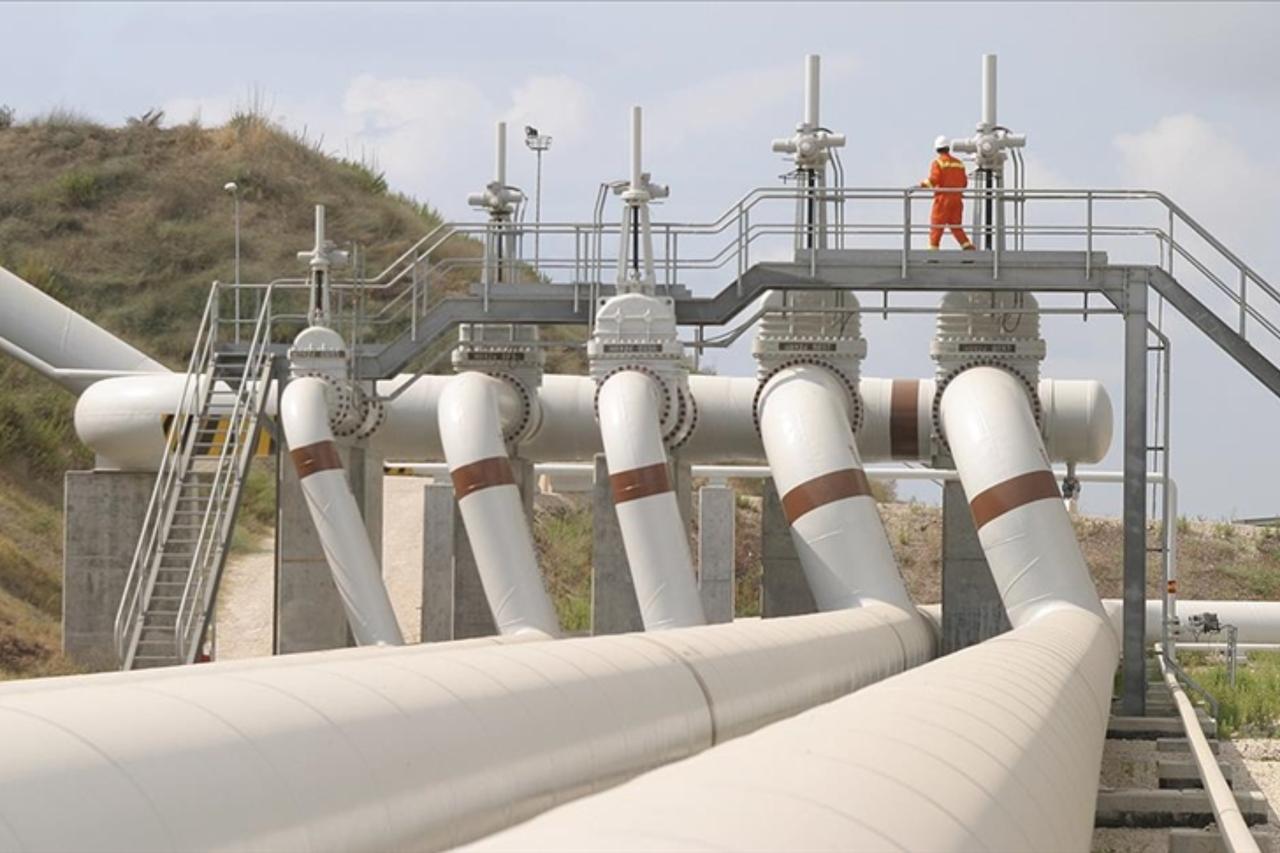
Kazakhstan resumed oil supplies through the Baku-Tbilisi-Ceyhan (BTC) pipeline on Sept. 13 with a shipment of 8,800 tons of Kashagan crude from the port of Aktau, state energy company Kazmunaygaz (KMG) said Wednesday.
The BTC line, which runs through Georgia to Türkiye’s Mediterranean terminal at Ceyhan, is primarily used to export crude from the Azerbaijani, Chirag and Guneshli fields operated by BP. Supplies via the route had been suspended in August after organic chloride contamination was detected in Azerbaijan's BTC cargoes, causing several days of delays at Ceyhan.
KMG said Kazakhstan shipped 0.9 million tons of crude via BTC in the first eight months of 2025. The next Kashagan cargo is scheduled for Sept. 20. Industry sources told Reuters that two Kashagan shipments totaling 18,000 tons are expected this month.
The resumption follows transit agreements between KMG and Azerbaijan’s state oil company SOCAR, including a 2022 deal and a 2024 accord to gradually increase Kazakh volumes through BTC. Kazakhstan has been seeking to diversify its export routes, as more than 80% of its crude is still exported via Russia’s Caspian Pipeline Consortium to the Black Sea terminal at Yuzhnaya Ozereevka.
Azernaijani BTC crude exports from Ceyhan are set at 15.4 million barrels for October, down from 16.5 million in September, according to a loading program.
Separately, Turkish contractor ENKA announced it signed a contract worth more than $1 billion with French energy giant TotalEnergies to build a crude oil and natural gas processing plant in Iraq’s southern Basra province.
The deal covers engineering, procurement, construction and commissioning of the Central Processing Facility, part of TotalEnergies’ Gas Growth Integrated Project (GGIP), which aims to boost Iraq’s natural gas production.
Following the announcement, ENKA shares (IST: ENKAI) on Borsa Istanbul rose nearly 8%.